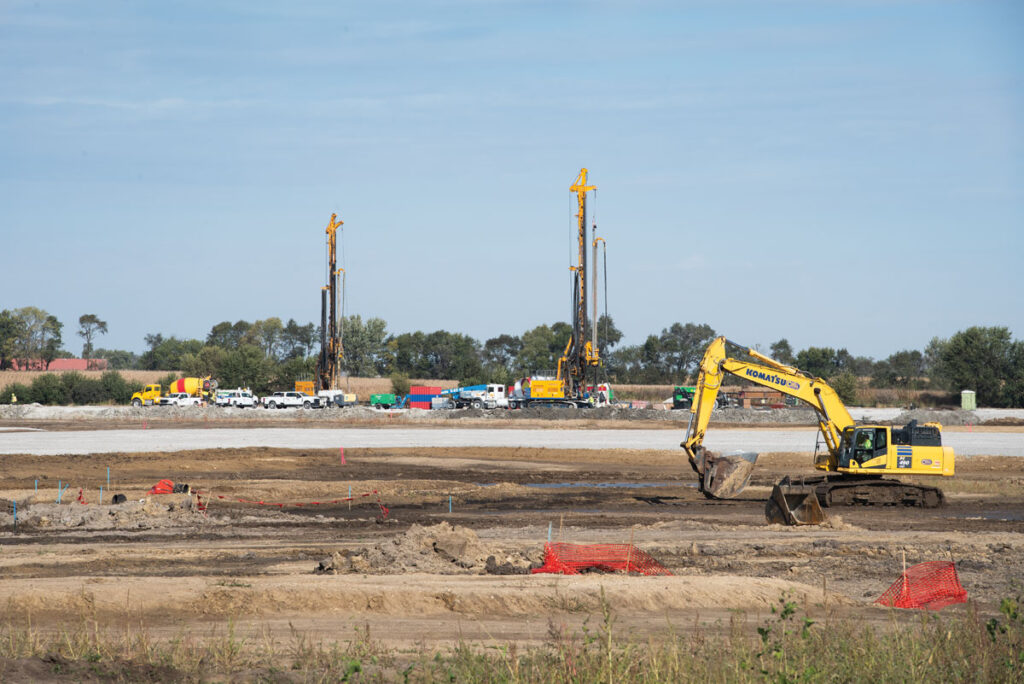Mississippi River conditions worsen

As politicians and barge companies express fear of a shutdown or significant disruption of commerce on the Mississippi River, the U.S. Army Corps of Engineers is tackling one of two significant problems facing the drought-stricken river, CNN reported.
The Corps, aware that barge traffic could be disrupted as early as next week because of sharply lower water levels, can’t do anything about ice forming in northern portions of the river, impeding adequate water flow.
But it is using contractors to remove rock formations in the river near Thebes, Ill., to help maintain a 9-foot-deep channel for navigation, said St. Louis District spokesman Mike Petersen. Blasting, one of the removal measures, began Dec. 21.
The removal of 890 cubic yards of limestone will continue until the end of January, Petersen told CNN on Thursday. Dredging has been occurring since early July.
A historic drought and excessive heat reduced water levels and scorched wide sections of the Midwest. Flooding last year may have worsened the situation on the Mississippi by leaving deposits of silt and debris in areas that would normally be clear.
Two trade groups expressed concern Thursday that the portion of the river near Thebes — about 125 miles south of St. Louis — may become impassable for many vessels around Jan. 3 or 4. They urged the administration to release water from Missouri River reservoirs.
“This potential supply-chain disruption could amount to a staggering loss for the U.S. economy, affecting nearly 20,000 jobs,” said the statement from the American Waterways Operators and the Waterways Council Inc.
Mark Fuchs, an hydrologist with the National Weather Service in St. Louis, said bitterly cold air anticipated in Minnesota and Iowa was expected to freeze much of the flow from the Upper Mississippi late this week.
“However, that may not have much impact on levels this far south unless the ice makes significant progress southward, roughly past Iowa,” Fuchs said on Friday.










